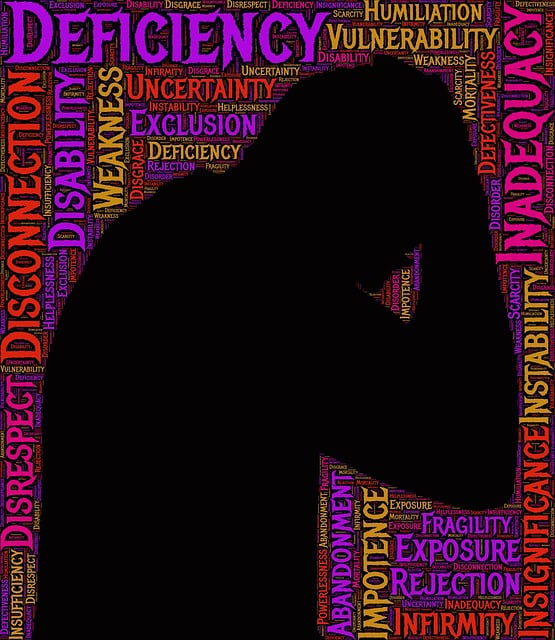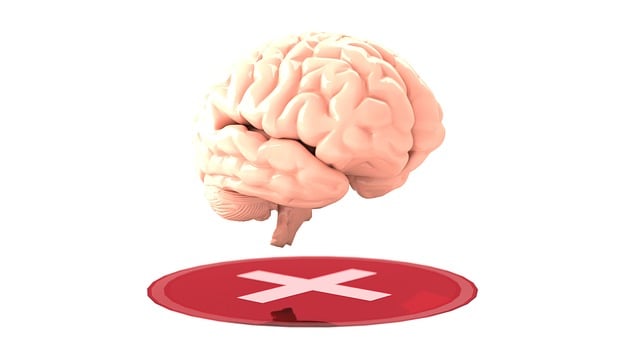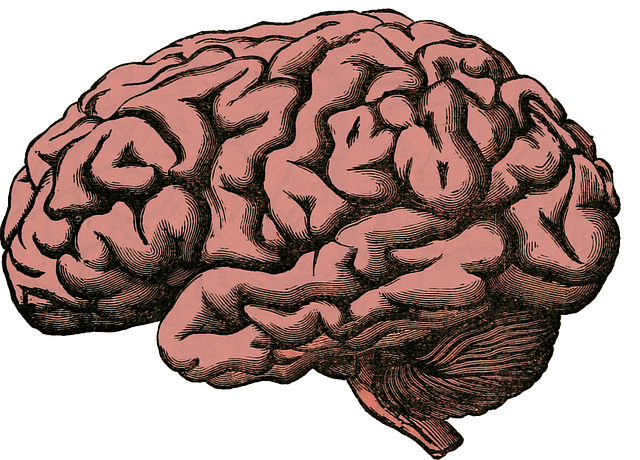Lone Tree Children Therapy provides specialized counseling for kids dealing with loss, grief, and trauma through evidence-based practices and Mind Over Matter principles. Using safe spaces, emotional regulation techniques, age-appropriate strategies like storytelling and mindfulness meditation, therapists empower children to express feelings, develop coping mechanisms, and build resilience while navigating relationships affected by grief. Success is assessed using validated tools measuring emotional well-being and coping abilities, ensuring tailored interventions and refining therapy models based on evolving client needs.
Loss, grief, and bereavement counseling are vital components of healing for children navigating traumatic experiences. This comprehensive guide explores these complex topics, offering insights into the support systems available through professionals like those at Lone Tree Children Therapy. We delve into understanding loss, the role of counselors in trauma support, effective strategies for grief counseling, and measuring the impact of bereavement services. By examining these aspects, we aim to highlight the importance of specialized therapy for children’s emotional well-being.
- Understanding Loss, Grief, and Bereavement: A Foundation for Counseling
- The Role of a Professional Counselor in Supporting Children Through Trauma
- Strategies and Techniques in Grief Counseling for Children at Lone Tree Children Therapy
- Measuring Success: Assessment and Outcome Evaluation in Bereavement Support
Understanding Loss, Grief, and Bereavement: A Foundation for Counseling

Loss, grief, and bereavement are complex emotional processes that every individual experiences at some point in their lives. Understanding these concepts is a foundational step for counseling, especially when tailored to meet the unique needs of children. Lone Tree Children Therapy recognizes that loss can stem from various sources, including the death of a loved one, divorce, relocation, or even significant life changes. These transitions can trigger profound emotions, leading to grief and bereavement.
Counseling in such cases focuses on helping individuals, particularly children, navigate their feelings and develop coping mechanisms. It involves creating a safe space for expression, teaching emotional regulation techniques, and providing support during the healing process. By incorporating evidence-based practices and integrating conflict resolution techniques, mental wellness coaching programs can empower clients to manage their emotions effectively. This approach not only aids in understanding but also fosters resilience, ensuring individuals can adapt and find meaning in their lives after a significant loss.
The Role of a Professional Counselor in Supporting Children Through Trauma

When a child experiences loss or trauma, it’s crucial to provide them with professional support tailored to their unique needs. This is where Lone Tree Children Therapy steps in, offering specialized counseling services designed to help young individuals navigate complex emotions and heal. Child counselors utilize evidence-based practices and Mind Over Matter principles to foster self-esteem improvement and emotional well-being promotion techniques, ensuring each child receives the individualized care they require.
Through engaging and therapeutic activities, these professionals create a safe and nurturing environment where children can express their feelings, process traumatic events, and develop coping strategies. The role of the counselor is not just to provide immediate relief but also to empower kids with long-lasting resilience, enabling them to flourish and rebuild trust after facing significant loss or grief.
Strategies and Techniques in Grief Counseling for Children at Lone Tree Children Therapy

At Lone Tree Children Therapy, grief counseling for children is a specialized service designed to help young individuals process and cope with loss. Therapists employ various strategies tailored to the unique needs of children, ensuring they receive age-appropriate support during emotionally challenging times. One key approach involves fostering empathy through storytelling and role-playing scenarios, enabling kids to express their feelings and understand their emotions.
Additionally, Lone Tree Children Therapy incorporates conflict resolution techniques, helping children navigate relationships affected by grief. Mindfulness meditation is another valuable tool introduced to promote self-awareness and emotional regulation. By teaching children how to focus on the present moment, these practices empower them to manage intense feelings and foster a sense of calm during their healing journey.
Measuring Success: Assessment and Outcome Evaluation in Bereavement Support

In the context of bereavement support, assessing success and understanding outcomes are crucial aspects of effective counseling. Measuring progress involves a comprehensive evaluation process that goes beyond surface-level improvements. At Lone Tree Children Therapy, therapists employ validated assessment tools to gauge clients’ emotional well-being, coping mechanisms, and overall adjustment following a loss. These assessments help identify specific areas of need, allowing for tailored interventions.
By evaluating outcomes, mental health professionals can ascertain the impact of counseling services on bereaved individuals’ mental wellness. This includes assessing changes in symptoms associated with grief, such as depression or anxiety, as well as improvements in coping strategies and quality of life. Moreover, understanding the success of these support systems contributes to reducing the mental illness stigma by demonstrating the effectiveness of professional interventions. Additionally, thorough outcome evaluations aid in refining therapy models, ensuring they remain responsive to clients’ evolving needs, especially when considering the risk assessment for mental health professionals.
Lone Tree Children Therapy offers a comprehensive approach to addressing loss, grief, and bereavement, emphasizing the critical role of professional counseling in supporting children through traumatic experiences. By understanding the unique needs of young individuals, therapists can employ effective strategies such as those outlined in this article, ensuring successful outcomes for children navigating difficult emotions. This holistic exploration of bereavement support highlights Lone Tree Children Therapy’s commitment to fostering resilience and healing in a vulnerable population.














